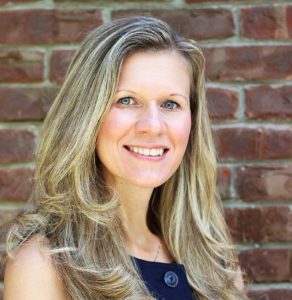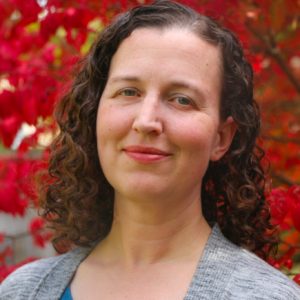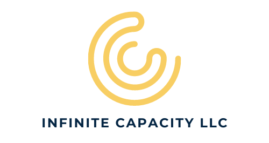About
Infinite Capacity (formerly STEM Integrations) was established in 2020 as an educational consulting firm to support school and district leaders in building equitable and robust PK-12 science, technology, engineering, and mathematics (STEM/STEAM) educational programs for 21st century learners. We provide educators and leaders opportunities to engage in online and on-site consultations. We also provide professional writing services and presentations to best meet the needs of educational organizations, schools, and districts.
We value the power of a collaborative community. Please join our Facebook group at STEM Integrations for community-mediated engagement with us and other educational leaders on integrative STEM/STEAM education.
Meet the Team


Rachel Geesa, EdD, taught PK-12 art in Indiana and then served as a visual arts educator, gifted resource specialist, and assistant principal in United States Department of Defense Education Activity schools in South Korea, Japan, and Virginia. Upon her completion of her doctoral degree in Educational Administration and Supervision at Ball State University, Rachel became an Assistant Professor of Educational Leadership at the institution. She holds educator, building- and district-level administrator licenses in Indiana.
Rachel focuses her work and research on areas to support educational leaders creative thinking, integrative STEM/STEAM education, and mentoring. She also enjoys traveling, cooking, and spending time with friends and family.
Krista Stith, PhD, began her teaching career as a life science adjunct professor and high school science teacher in Southwest Virginia. After completing her doctoral work in Curriculum & Instruction in the Integrative STEM Education Department of Virginia Tech, Krista became the Director of the Center for Gifted Studies and Talent Development at Ball State University. She currently teaches pre-service teachers about STEM content and pedagogy and runs a K-5 STEM Club.
Krista has worked extensively in Integrative STEM Education initiatives at the local, state, and national levels. She also enjoys gardening, writing children’s books, and spending time with her family.
Our History
Infinite Capacity (formerly STEM Integrations) was established in 2020 as an educational consulting firm to support school and district leaders in building equitable and robust PK-12 science, technology, engineering, and mathematics (STEM/STEAM) educational programs for 21st century learners.
For several years, Rachel Geesa and Krista Stith used their experience and knowledge in educational leadership and integrative STEM/STEAM to collaborate on projects at their university. These projects resulted in research studies and publications to guide educational leaders- teacher leaders, principals, directors, superintendents- in navigating innovative programming that prepares diverse populations of students for success in a global, scientific, and technologically-driven society.
Their research identified the need for educational leaders to have access to professional learning opportunities in building and sustaining integrative STEM programs. Infinite Capacity was developed to provide impactful strategies from their expertise in the field and experience of others to contribute to educational initiatives around the world.
Our Mission
We collaborate with leaders in education to create and deliver educational solutions to multi-tiered challenges through integrative STEM/STEAM education strategies that fit the needs, goals, and cultures of educational programs and support equitable access for student success in 21st century knowledge, skills, and attitudes.
Our Commitment to Equity
Diversity enhances the resilience of social and environmental systems. We are committed to social justice in educational programs that support all educators and students and to the dismantling of social inequities, discrimination, low expectations, cultural bias and insensitivities, and maladaptive practices. We are committed to promoting educational programs that are socially responsible and apply inclusive practices to address these systemic problems and provide a safe space for educators and students to belong to and thrive within.
